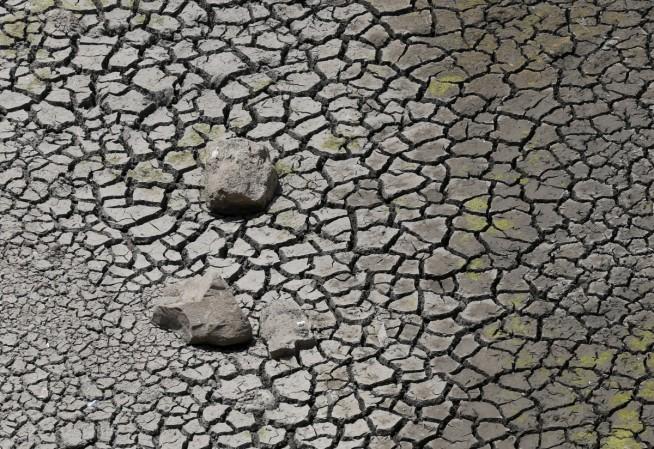Every time the news of a youngster being invested in the environment hits the headlines, it gives both hope and inspiration for the future. Unfortunately, these youngsters haven't inherited planet Earth in the best of condition. Fortunately, they realise the urgent need to save it from the years of destructive abuse by the past generations.
In the Chhatarpur district of Bundelkhand region, women, led by 19-year-old Babita Rajput, have come together to revive the village ponds for water security. Therein lies the will to take matter in your hands, and the resolve to make a difference and not rely on administration.

The drought-prone region had gone dry and the women of the village would often had to walk long distances to fetch water. Often in the crippling heat. The seventy-acre lake in the vicinity was no good, as it would be dry most year-round. "The little rainwater the village received would drain out from the other side of the hill and merge with Bachheri River," she said in an interview to The Better India.
Turning idea into action
There was always a thought on paper about diverting rainwater in a way that it remains on one side of the hill and fills the lake. But for the administrative work and official clearances, it was easier said than done. The hill belonged to the forest department and digging land was not permitted. Babita, currently pursuing Bachelor's in Arts, wrote to the forest department and sought the necessary permissions.
From legal permissions to illegal encroachment

After the necessary permissions, 200 women from the village, led by Babita dug a 107-metre-long trench. Seven months of laborious work has now translated to the end of water woes for the villagers. "There were many roadblocks along the way. We even had to have the illegal encroachment vacated in the process," she has often said on the most challenging part of the process.
A seasoned fighter this
Quite a journey it's been for the young activist, whose brush with authorities began in 2018. When NGO Parmarth Samaj Sevi Sanstha came forward to resolve the deadlock between women and villagers over the water issue. The villagers failed to see the struggle of women for availing water for everyday chores. 12 women came forward as Jal Sahelis to take steps on whatever it took to resolve water issue. Babita led the movement from the front.
As a form of literally testing waters, the volunteers dug up three check dams along the mountain line and the results were there for everyone to see. The forest department gave the necessary permissions on the condition that villagers will alongside contribute in the conservation of the forest. Which they did, by planting hundreds of trees around the village area. As the water in the lake now increased, the groundwater recharged in the process.
What initially started with only about 20 women volunteers, in no time grew to 200 women who collectively dug up a 12-feet wide and 107-meter-long trench. Once the hill was cut, the rainwater changed its course.

















